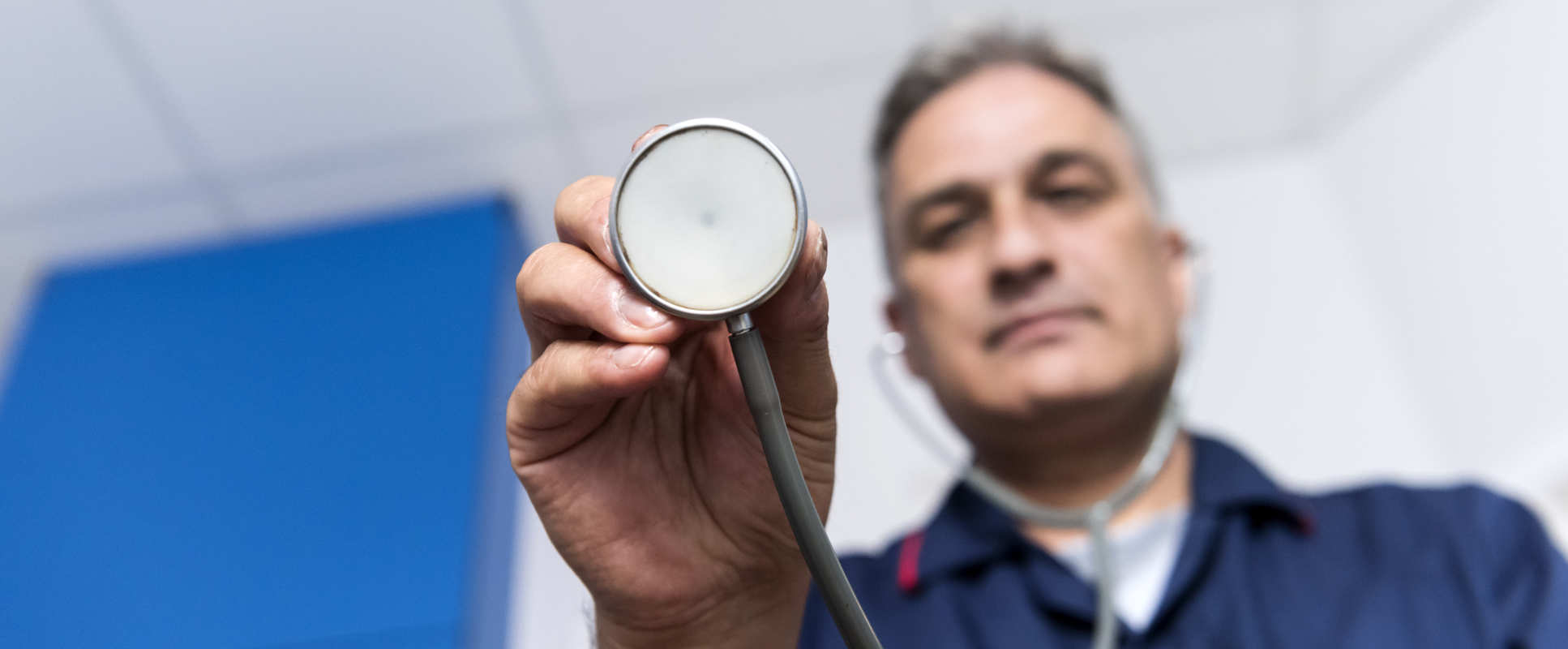
Our research has provided greater insights into understanding asthma and chronic obstructive pulmonary disease (COPD).
Inhaled drug delivery and novel airway assessments
We have fundamentally changed the way we understand therapeutic aerosol deposition and clinical effectiveness in asthma and COPD. Defined molecular mechanisms of corticosteroid resistance in severe asthma and COPD and have developed novel inhaled therapies which are in clinical development. Our research has also discovered that existing drugs are able to reverse corticosteroid resistance in asthma and COPD and one of these drugs, theophylline, is currently being studied in large controlled trials in COPD patients in UK and in China.
Identified new phenotypes of asthma
Using a multi-omics approach (incorporating the latest technologies such as genomics, proteomics, metagenomics etc) that is currently being applied to COPD. Identification of accelerated ageing and defective immunity pathways is leading to the identification of novel therapeutic targets that are currently being assessed. Our research identified inflammatory biomarkers in the breath and the first of these exhaled nitric oxides is currently in clinical use in the diagnosis and management of asthma, checking adherence with therapy and for assessing new treatments. We are further pursuing this by examining the signature of volatile organic compounds (VOCs) in breath (breathomics).
Cholinergic pathways
Our research has been instrumental in accelerating the development of long-acting muscarinic antagonists in asthma and COPD , such as tiotropium bromide and glycopyrrolate that we first demonstrated had a long duration of action and are now first choice in the treatment of COPD as well as being used in severe asthma.
Hypoxia and sleep disordered breathing
The Royal Brompton Centre for Sleep led by Professor Anita Simonds at the Royal Brompton Hospital is one of the largest in Europe and has an international reputation for its pioneering work in domiciliary ventilation (providing respiratory support at home). This has enabled our research to have a direct impact on patient treatment. We perform clinical trials and carry out pioneering work in technology development in hypoxia, sleep disordered breathing and in heart failure.
Environmental factors
We perform epidemiological investigations of the importance of environmental factors in development of airway diseases. We study cellular and molecular pathogenic mechanisms of and the role of viral, bacterial and atypical bacterial infections in exacerbations airway disease, with a major focus being the identification of targets for the development of new treatments for treatment and prevention of exacerbations. We use in vivo models, including human challenge models, of virus induced exacerbations of asthma and COPD to understand novel mechanisms of disease, to identify novel targets for new therapies, and to test efficacy of emerging new therapies.
Lung volume reduction
Advances in the management of emphysema include the initial case series describing bronchoscopic lung volume reduction with endobronchial valves in 2003, subsequently demonstrating that this is one of the very few interventions which improves survival in COPD. This has led on to randomised controlled trials proving the value of this and other bronchoscopic treatments and comparing its effectiveness to lung volume reduction surgery. We now lead a collaborative UK lung volume reduction network (UKLVR).
Pulmonary rehabilitation
This includes strategies to enhance and sustain the effects of pulmonary rehabilitation, as well as research to understand the biology that underpins muscle weakness and other systemic consequences of chronic lung disease. The measurement and promotion of physical activity in people with COPD is also a core interest, including work with pan-European consortia; PROactive COPD and MOBILISE-D.